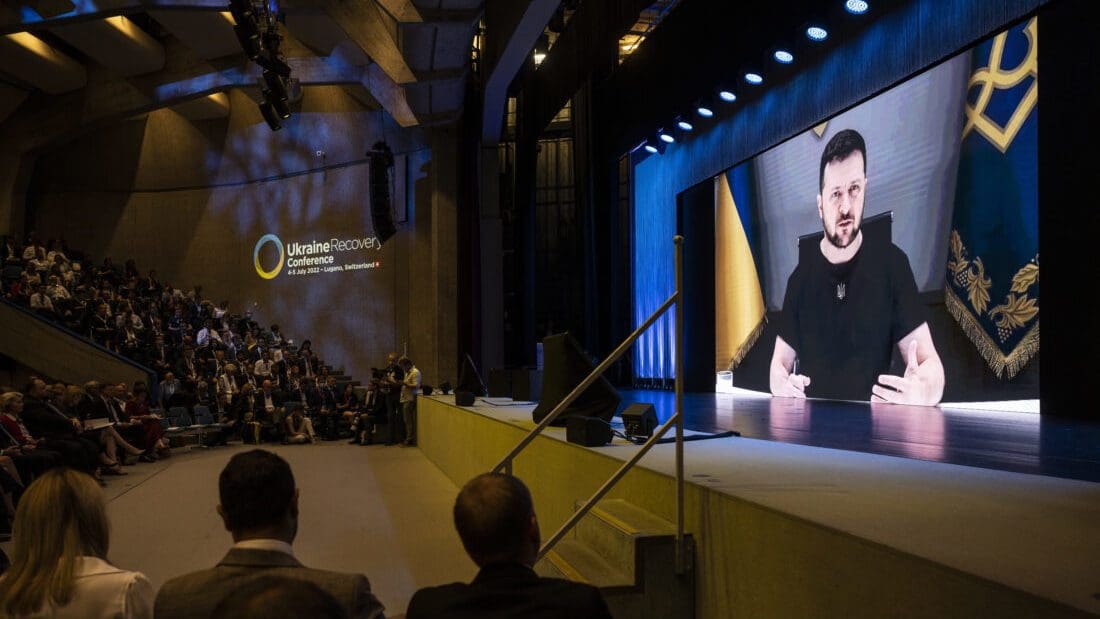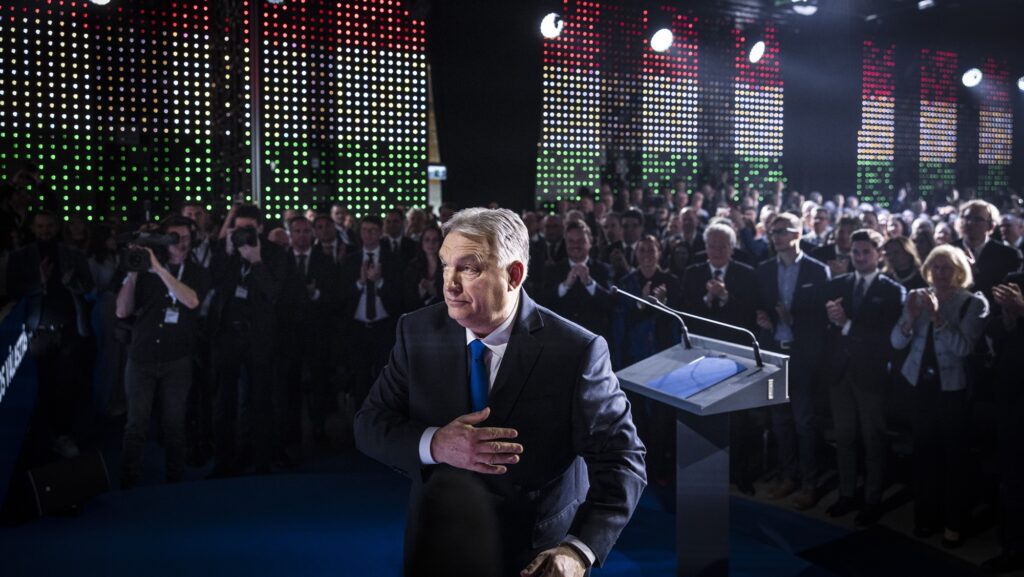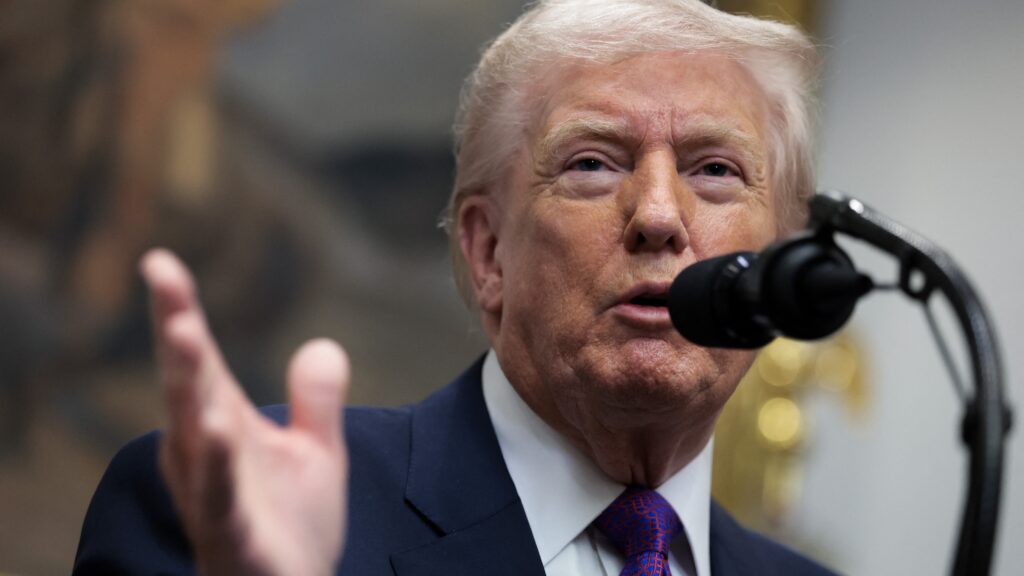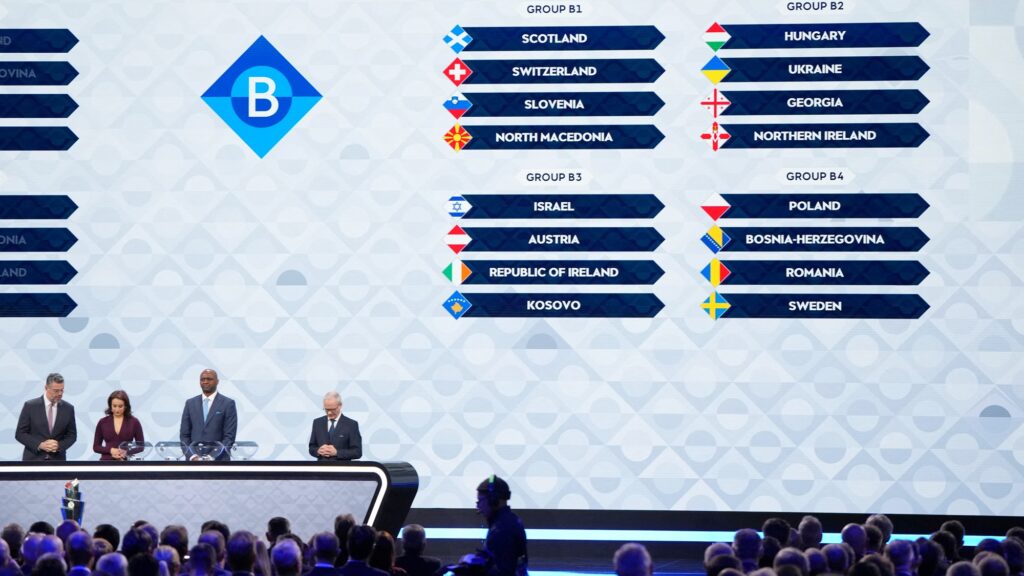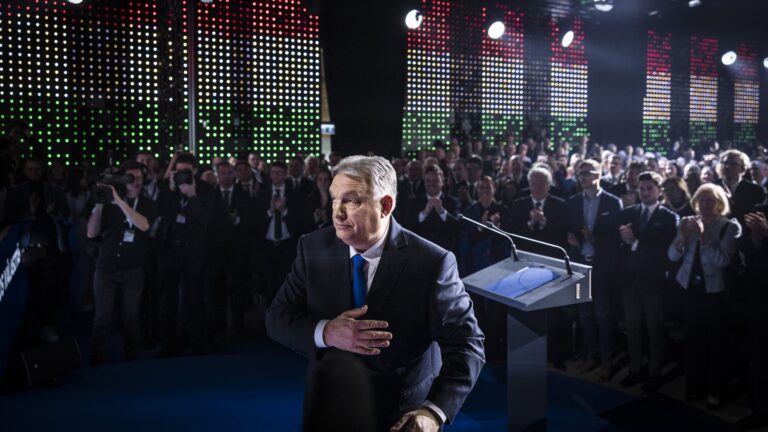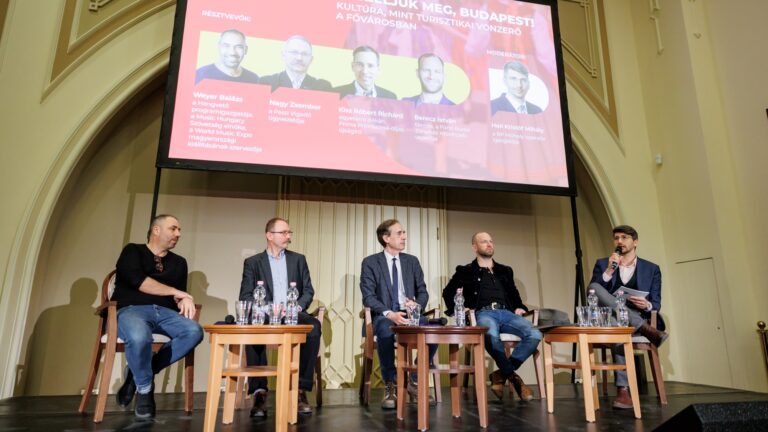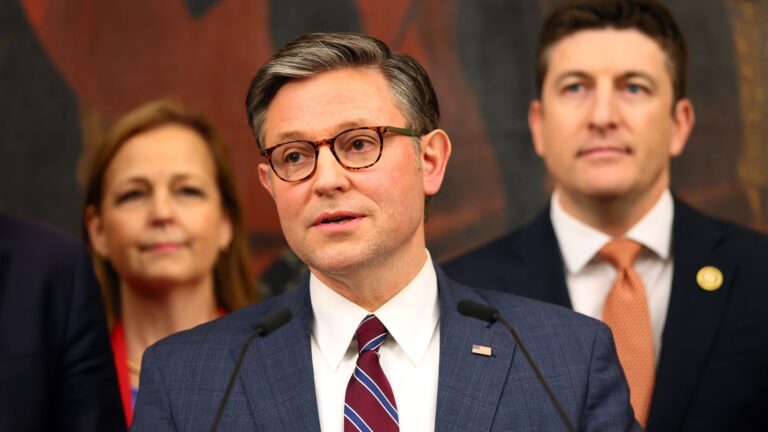We might not even realize just how devastating the war in Ukraine is. Of course, we are more or ore less familiar with the most painful numbers – over ten thousand Ukrainian troops along with nearly five thousand civilians dead, and as many as 12 million people displaced – but the true extent of the material damages rarely cross our minds, even though they should not be neglected either. Back in April, the World Bank estimated that the war had already cost Ukraine $60 billion in damages over the first two months, and that figure has only grown since then, of course. Even though the frontlines have shortened since and the pace of the offensive has slowed down on the whole, by now total damages have surpassed $100 billion. The types of infrastructure that took the hardest blows are industrial facilities (with $11.5 billion worth of damages), roads (with over $30 billion), and residential buildings, with nearly $40 billion in damages so far. In other words, this last item means that over 800 thousand Ukrainians lost their homes, and some 15 million (!) square meters of housing were destroyed or severely damaged. Now, for the poorest country of Europe (according to pre-war GDP per capita data), the extent of the destruction is simply too much of a challenge for the country to face alone, therefore Ukraine will need significant foreign assistance once the war is over.
The Ukraine Recovery Conference (URC2022) was organized to address specifically these issues. The event was already planned before the invasion in February, with Europe’s leaders preparing to discuss economic and political reforms in Ukraine needed for future Euro-Atlantic integration in an annual setting, but the agenda changed with the times as well. The conference took place in Lugano, Switzerland, with the attendance of over a thousand world leaders and top officials. The location is symbolic, since it further reinforces the impression that the Swiss are breaking with their centuries-long tradition of absolute neutrality. That process in fact began when Bern announced the adoption of EU sanctions against Moscow. Now, hosting the conference in early July was yet another gesture of sympathy for the Ukrainian cause, but also a clever way of avoiding being pushed into any future commitments. The country hosted the conference, but others will have to take the lead in the reconstruction efforts, explained Swiss Foreign Minister Ignazio Cassis, adding that ‘Switzerland has done its job, not more and not less.’
This conference is the diplomatic equivalent of a blank cheque
The conference started with the Ukrainian delegation–led by PM Denys Shmyal–outlining their plans for short and long-term reconstruction. President Zelensky sent a video message, and stressed that undertaking the ‘colossal’ work ahead is the duty of the ‘whole democratic world.’ The plan laid out by Shmyal would have three stages. The first, focusing on the restoring of the most essential public utilities, like water and electricity, could begin right away in areas not under Russian occupation. The second phase would constitute a fast-paced, countrywide reconstruction program–starting as soon as the war ends–which would replace destroyed residential homes, hospitals, schools and factories. Finally, the third phase encapsulates all the long-term plans of Ukraine, transforming the country into a prosperous, green, and digitalized state, crowned by EU accession in the end. Ukraine, of course, also put a price tag on all of this–understanding perfectly well that such a conference is the diplomatic equivalent of a blank cheque– setting the cost of full reconstruction at a whopping $750 billion.
At the end of the two-day conference, 43 countries (including the whole EU, the US, Britain, Canada, and even South Korea) as well as five international organisations signed the (non-legally binding) Lugano Declaration, committing their efforts toward the reconstruction. One major achievement of the conference is that the document also ties certain funds to conditions of political development in Kyiv, such as transparency, accountability and a crackdown on corruption – which is most welcome, considering that Ukraine is second only to Russia in terms of corruption in Europe. Some signatories have also pledged to undertake individual responsibility for a region of Ukraine each, sort of carving up the territory, similarly to what the Allied powers did in case of Germany after the Second World War. I am aware that this is different, but looking at the map of proposals, the resemblance is uncanny. In Central Europe, only the Poles and the Czech made such commitments, in the regions of Donetsk and Luhansk, respectively, shared with Italy, Finland and Sweden.

PHOTO: TWITTER
Now, without any doubt, these are quite noble promises. The challenge ahead will be enormous and only a united West can hope to achieve completing it in a reasonable timeframe. But it also worth noting that there will be some benefits to those participating in the efforts: such gigantic construction projects could generate significant amount of revenues for European companies – and the political class alike. Besides, the $750 billion might sound like an insane amount – compared to the current damages of a $100 billion and Ukraine’s pre-war annual GDP of some $150 billion – but the signatories of the Lugano Declaration also plan to use the frozen assets of the Russian Federation and its related oligarchs, amounting to an estimated $300-$400 billion. The EU is already working on a legal framework to appropriate all this wealth for the good cause.
Some questions went unraised amid all the euphoria
The message of the conference, therefore, was that of an overwhelming support from the West. Fear not, brave Ukrainians, we’re coming to pay the bills, you just keep on fighting. It is without question that this sentiment resonates with most Europeans, but I can’t help but notice that some questions went unraised amid all the euphoria of becoming good Samaritans. Questions such as were the Europeans themselves asked about whether their countries should spend this magical amount of their taxes on Ukraine? After restructuring the EU funds (as Von der Leyen promised), will there still be any cohesion funds left for the relatively underdeveloped Eastern European countries, which are only slightly better off than pre-war Ukraine? What happens if the war drags on for another six, twelve or eighteen months? Do we pay double then? $1.5 trillion dollars is not something the West can spare; the way things are going now, we’re lucky if we do not to freeze this coming winter as a result of our own sanctions. In fact, 750 billion is an awfully large amount already, considering all the aid the West has poured into Ukraine in the last four months.
Finally, what if – and I ask this very quietly, as it seems that it has not crossed the mind of any Western leader – what if Russia wins? And I’m not even talking about the worst-case scenario of Putin suddenly taking Kyiv and annexing the whole country. What if no significant breakthrough happens on either side along the frontlines, until Ukraine becomes completely exhausted, and, lacking manpower, is forced to sign an armistice (not even a peace treaty, mind you), which would de facto transfer the currently occupied territories over to Russia for n undetermined period of time? I can see the West supplying weapons endlessly until the last Ukrainian, but I doubt it would go as far as sending their own troops when there is no one else left to use those weapons. And this scenario is definitely palpable, since Ukraine is already drafting women, while Russia has not even begun general mobilization. So what happens with all this money we give to Ukraine, if there will be no country to reconstruct in six months’ time?
Unquestionably, the West has a political, strategic and moral obligation to help Ukraine, but sometimes the way we do it feels a bit reckless. In this noble fight against Putin, we have already destroyed our energy supplies, ruined our economies and cast our own populations into uncertainty. This war needs to be won, but at what cost? Russia is not the only threat we are to face in the next decade, and not even the most significant. Going all-in at the first bluff might not be the best idea, especially if there are others at the table. Let us instead wait and see each hand before making rushed decisions: we will have time to share the pot once the game is over.

